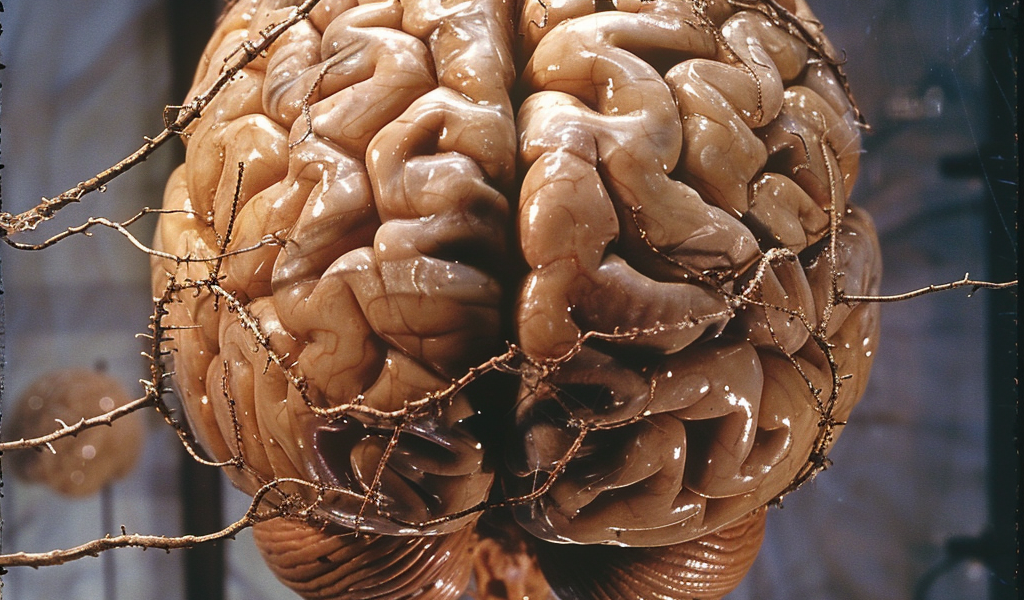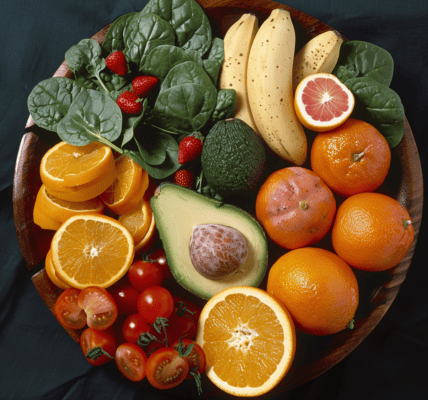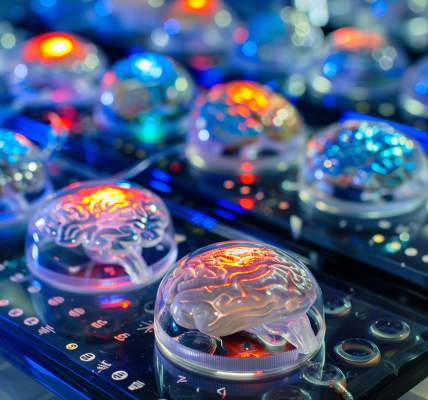Scientists have recently made a groundbreaking discovery in the field of genetics that may shed light on the age-old question of why some people are left-handed. A large-scale study involving over 350,000 individuals has identified rare genetic variants of a gene called TUBB4B that appear to be more prevalent in left-handed individuals.
According to the study, approximately 90 percent of the global population is right-handed, with the remaining 10 percent being left-handed. This discrepancy in handedness is attributed to brain asymmetry, where left-handed individuals exhibit dominant right hemispheres for hand control, while right-handed individuals have dominant left hemispheres.
The development of this brain asymmetry occurs in the womb and influences various cognitive functions, such as language and spatial orientation. Despite these findings, the specific mechanism behind the differential development of the brain’s hemispheres remains unknown.
However, the identification of genes associated with brain and behavioral asymmetries, such as handedness, provides valuable insights into this phenomenon. Previous research has already linked certain genes to left-handedness, particularly those related to microtubules, which are essential for maintaining cellular structure.
While earlier studies primarily focused on common genetic variants, the recent research delved into rarer genetic variants, uncovering a potential link between TUBB4B and left-handedness. These rare genetic variants were found to be 2.7 times more prevalent in left-handed individuals than in right-handed individuals, offering a new perspective on the genetic underpinnings of handedness.
These findings mark a significant step forward in understanding the biological factors influencing handedness, paving the way for further exploration into the intricate interplay between genetics and human behavior.





